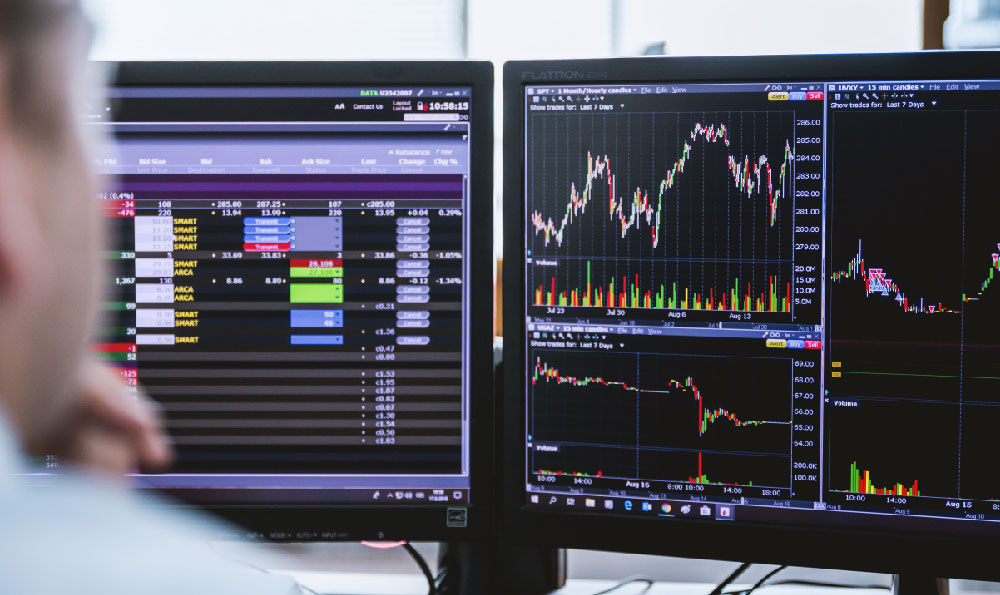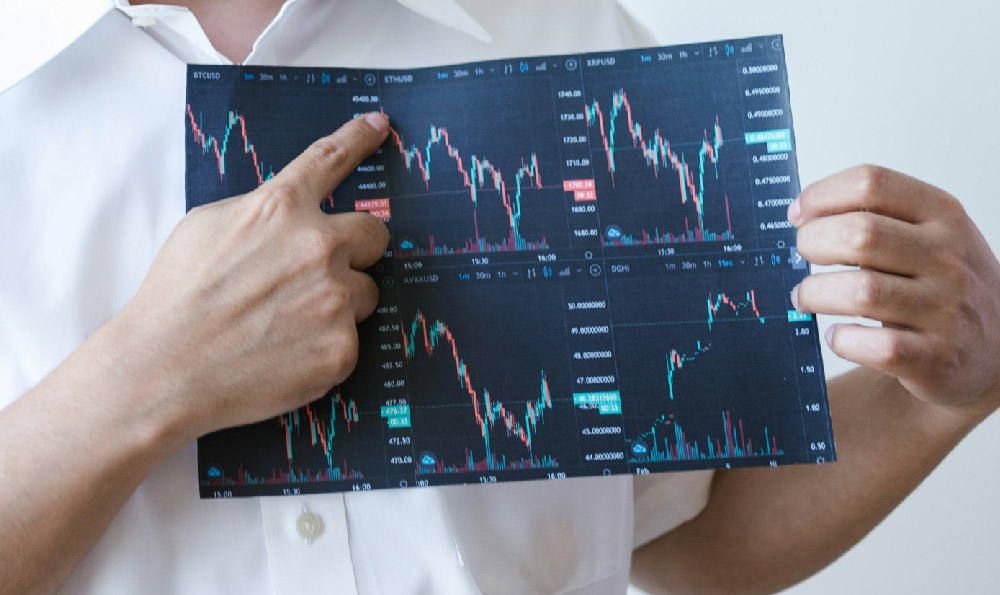Forex, or Foreign Exchange, trading presents an enticing avenue for individuals seeking to capitalize on global currency fluctuations. The allure of 24/5 market access, high leverage, and the potential for substantial profits attracts both seasoned investors and those new to the financial landscape. However, navigating the forex market successfully requires a comprehensive understanding of its intricacies, disciplined risk management strategies, and a well-defined trading plan. To ascertain whether forex trading is profitable and how to effectively generate income within this dynamic environment, a multifaceted approach encompassing market analysis, risk mitigation, and psychological preparedness is paramount.
The profitability of forex trading is not a given; it's earned through diligent effort, continuous learning, and the application of sound strategies. The market’s inherent volatility, influenced by geopolitical events, economic indicators, and investor sentiment, can lead to both rapid gains and significant losses. Therefore, viewing forex trading as a get-rich-quick scheme is a recipe for disaster. Instead, approach it as a skill that requires cultivation, similar to mastering any other profession.
A foundational aspect of successful forex trading lies in developing a robust trading plan. This plan should articulate clear objectives, risk tolerance levels, capital allocation strategies, and defined entry and exit points for each trade. Without a well-structured plan, traders are susceptible to impulsive decisions driven by fear or greed, often resulting in suboptimal outcomes. A comprehensive trading plan serves as a roadmap, guiding traders through market fluctuations and ensuring consistency in their approach.

Furthermore, mastering technical and fundamental analysis is crucial for identifying potential trading opportunities. Technical analysis involves studying price charts, patterns, and technical indicators to predict future price movements. Tools like moving averages, Fibonacci retracements, and the Relative Strength Index (RSI) can provide valuable insights into market trends and potential reversal points. Fundamental analysis, on the other hand, focuses on assessing the macroeconomic factors that influence currency values, such as interest rates, inflation, GDP growth, and political stability. By combining both technical and fundamental perspectives, traders can develop a more holistic understanding of market dynamics and make more informed trading decisions.
Risk management is an indispensable component of profitable forex trading. The use of leverage, while potentially amplifying profits, also magnifies losses proportionally. Therefore, implementing effective risk management techniques is paramount to protecting capital and preventing catastrophic losses. One common strategy is setting stop-loss orders, which automatically close a trade when the price reaches a predetermined level, limiting potential losses. Another crucial aspect is position sizing, which involves determining the appropriate amount of capital to allocate to each trade based on risk tolerance and account size. A general rule of thumb is to risk no more than 1-2% of your trading capital on any single trade. Diversification, although less applicable in forex trading compared to stock investing, can still be achieved by trading different currency pairs with varying correlations.
Beyond technical skills and risk management, the psychological aspect of trading often separates successful traders from those who fail. Forex trading can be emotionally taxing, particularly during periods of market volatility or when experiencing losses. Maintaining discipline, controlling emotions, and avoiding impulsive reactions are essential for making rational trading decisions. Fear of missing out (FOMO) can lead to entering trades at unfavorable prices, while fear of losing can prevent traders from cutting their losses promptly. Developing a strong psychological framework involves cultivating patience, discipline, and the ability to detach emotionally from trading outcomes.
Continuous learning is another vital ingredient for long-term success in forex trading. The market is constantly evolving, and traders must stay abreast of the latest developments, strategies, and technologies. Reading books, attending webinars, participating in online forums, and following reputable financial news sources can help traders expand their knowledge and refine their skills. Additionally, keeping a trading journal to track trades, analyze performance, and identify areas for improvement is an invaluable practice for continuous self-assessment and growth.
Choosing a reputable and regulated forex broker is also a critical step. A reliable broker provides a secure trading platform, competitive spreads, and responsive customer support. Regulation by reputable financial authorities, such as the Financial Conduct Authority (FCA) in the UK or the Securities and Exchange Commission (SEC) in the US, ensures that the broker adheres to strict standards of transparency and accountability. Before depositing funds with a broker, it's essential to conduct thorough research and read reviews to ensure their legitimacy and reliability.
In conclusion, making money in forex trading is achievable with the right knowledge, skills, and discipline. It's not a guaranteed path to riches, but rather a challenging endeavor that requires dedication and continuous learning. By developing a comprehensive trading plan, mastering technical and fundamental analysis, implementing effective risk management strategies, cultivating a strong psychological framework, and choosing a reputable broker, traders can significantly increase their chances of success in the dynamic and potentially rewarding world of forex trading. Remember that patience, perseverance, and a commitment to continuous improvement are key attributes for navigating the complexities of the forex market and achieving long-term profitability.











